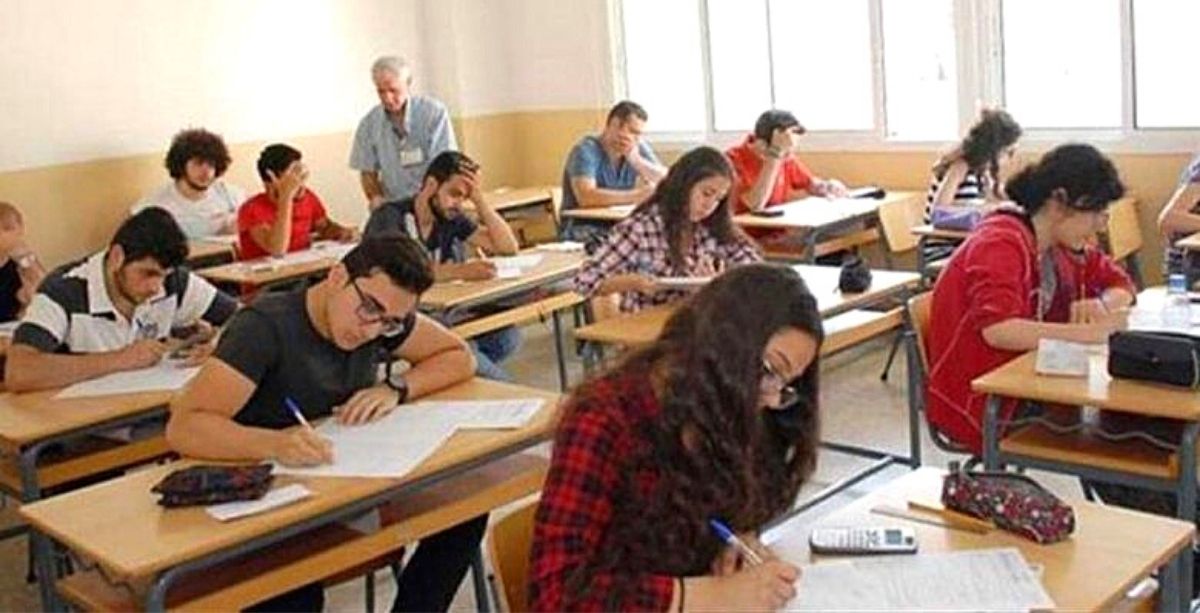
By arabnews.com – Najia Houssari — BEIRUT: On Saturday, 60,933 Lebanese students took their intermediate certificate exams (Brevet) amid severe power cuts, water shortages and inflated transport costs. However, the security forces provided a peaceful environment inside the exam centers while the Lebanese Army was deployed outside. The Ministry of Education and Higher Education organized exams around where invigilators live to reduce transport costs. It also ensured that exams were only taken in centers that students and teachers could efficiently access. Lebanon’s worsening financial crisis and the local currency’s depreciation meant that the ministry faced several challenges for holding the exams. The ministry canceled the exams last year during the pandemic and struggled to organize them this year amid a teachers’ strike and parents grappling with the high costs of driving their children to centers.
Making matters worse for the students, an unusual end-of-June thunderstorm hit Lebanon on Saturday morning. Given the cloudy weather, the ministry had to plead with private generator owners to provide exam centers with power so students can clearly see their exam sheets. In some centers in Diniyeh, northern Lebanon, exams were delayed for over two hours due to the power outage and the storm. The second part of the Brevet exams will be held on Monday; just two days of exams are now required after subjects were reduced to five instead of nine. The official exams of the Lebanese Baccalaureate Certificate of Secondary Education, which 43,000 students will take, are scheduled to start on Wednesday and last for three days. A total of 12,000 teachers are supervising the official exams as the official education associations decided not to boycott exams at the last minute despite their demands to raise the allowance.
Imad Al-Ashkar, director general at the ministry, who heads the examining committees, said the suspension of studies as a result of the teachers’ strike and online schooling have been taken into account while setting exam papers. The ministry has resorted to donors to secure additional funds to pay teachers for supervising and correcting official exams. The teachers were promised an increase in financial allowances for supervisors and heads of exam centers; 160,000 LBP ($6.34) and 200,000 LBP respectively. They were also promised a $20 daily allowance provided by donor countries. The currency depreciation means that the supervisor’s allowance is only enough to buy them a sandwich and a soda. Meanwhile, the price of a 20-liter gasoline canister is almost 700,000 LBP.
The struggle of education workers is being replicated by all the Lebanese, who are facing a living crisis that has reached unacceptable limits, as bakeries are running out of bread and water is barely reaching households since the Water Establishment cannot afford diesel to run its pump. Power cuts are ongoing and more medicines are expected to go missing from pharmacies as subsidies will be lifted on more chronic disease medicines next week. Traders are taking advantage of the crisis to make illegal profits; the cost of 10 barrels of household water has doubled to 1 million LBP.
Some bakery owners have reported that people in the southern suburb of Beirut are buying all the flour from the mills at a subsidized price before setting up stands near bakeries, selling flour bags at double their price while the security services stand idly by.



